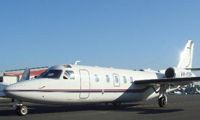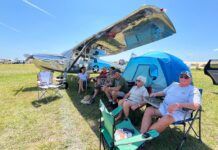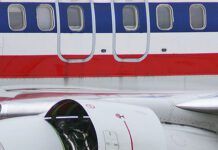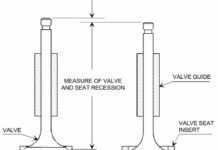
The Australian Transport Safety Bureau got a grilling before the Australian Senate this week over its investigatory work into the 2009 ditching of a Westwind medical flight off Norfolk Island. The bureau and Australia’s Civil Aviation Safety Authority were castigated by witnesses for taking too long to complete the report (more than 1000 days), with one witness terming the investigation flawed and incompetent. According to a web report by The Australian,, the Senate investigation was initiated following a report by ABC Four Corners that revealed some 57 regulatory breaches, deficiencies and oversights of the flight’s operator, Pel Air, that CASA was aware of but did not address. The investigations also revealed that the ATSB made few if any safety recommendations as a result of the accident.
The Westwind ditched in November 2009 after completing a long flight from Samoa with six aboard, including a stable patient who was being flown to Melbourne for treatment. The captain of the flight, Dominic James, departed with legally sufficient fuel into a forecast of good VFR. En route, the weather soured and the Westwind was forced to ditch after three approach attempts. All six occupants survived. Under questioning during the hearing, according to The Australian, ATSB chief commissioner Martin Dolan admitted the bureau could have done better work in the Pel Air probe. He conceded that it took too long to complete the report, blaming a backlog of investigations. Other witnesses were less generous.
Aviation consultant Byran Aherne told the panel the ATSB’s report was factually incorrect and contained flawed analysis of the flight. The Australian quoted Aherne as saying the ATSB’s intentional omission of critical facts would substantially change the report’s findings. For his part, Dominic James previously told AVweb that he accepts full responsibility for the incident but in seeking the Senate hearing he said the ATSB failed to provide a balanced view of why the accident occurred and glossed over shortcomings in Pel Air’s operating rules that were factors in the accident. He said CASA knew of these shortcomings but declined to enforce against Pel Air and that the ATSB failed to illuminate these issues in its report.In response, ATSB’s Dolan said the bureau believed that Pel Air was in compliance with both its own ops specs and CASA regulations, which evidently made it legal for the flight to be made with minimum fuel reserves with a favorable weather forecast. CASA’s John McCormick rejected James’ complaint that he was unfairly treated by CASA during the investigation. James told us that when he challenged the investigators’ findings on fuel calculations, they refused to explain how the calculations were derived. Further, the record revealed that James was given incorrect weather information en route, which was later corrected in a radio transmission that was too garbled to read. Sticking to his script, McCormick said James “may not have had the necessary aeronautical skill to take on the appropriate command judgments.”
For additional information on the crash and James, see this post on the AVweb Insider blog.


































